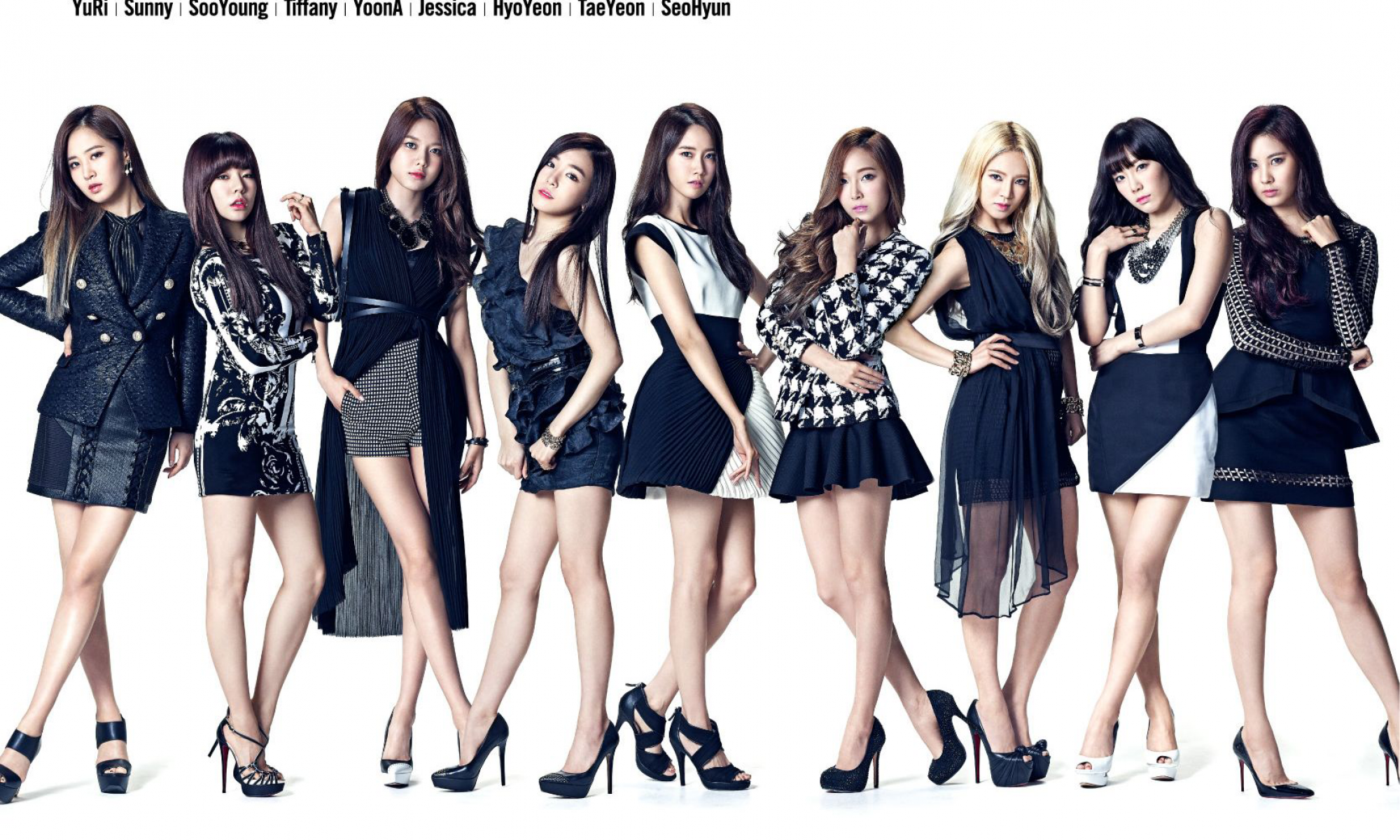The appropriation of English language in Korean popular music has been present since as early as the 1990s, adaptive to an increasingly international market. By examining how degrees and forms of appropriation developed and changed throughout album concepts and lyrics by Girl’s Generation from debut to present, we uncover an emerging pattern of hybridization representing an acculturation process for Western acceptance in need of change. The group has transitioned through distinctive stages in which the appropriation of English has been manifested differently, mirroring greater phenomenon in the K-pop industry overtime. At first, there was minimal English mixing besides using English as song titles, with the debut single not including English at all from title to lyrics. Girl’s Generation transitioned to the next stage with their 2009 hit song “Gee” in which English lyric mixing began to serve important purpose of creating catchy hooks. The releases of hit songs following “Gee” such as “Run Devil Run”, “Oh!”, and “The Boys” perpetuated such use of lyric mixing in all the repetitive hook lines, and mixing reached its prime from brief, common words like baby to full sentences like Girl’s Generation make you feel the heat. Girl’s Generation has gained substantial international popularity from then to present, with abundant appropriation of English as well as mixing Western genres, for example hip-hop in “I Got A Boy” and lay back, semi-organic music styles of the 90s in “Lion Heart”, yet most of their songs have deficit in Korean cultural identities. Such lack of “Korean sentiments and social milieu” is rather representative of the greater K-pop industry’s effort to self-re-acculturate for foreign popularity (Jin&Ryoo 2014:128). It is eventually diminishing for future international strivings if success is built off self-acculturation, and the industry should begin considering culturally sensitive hybridization as a future direction.
Bibliography
Jin, Dal Yong and Woongjae Ryoo. (2014) “Critical Interpretation of Hybrid K-Pop: The Global-Local Paradigm of English Mixing in Lyrics.” Popular Music and Society, no.2 (2014): 113-131

